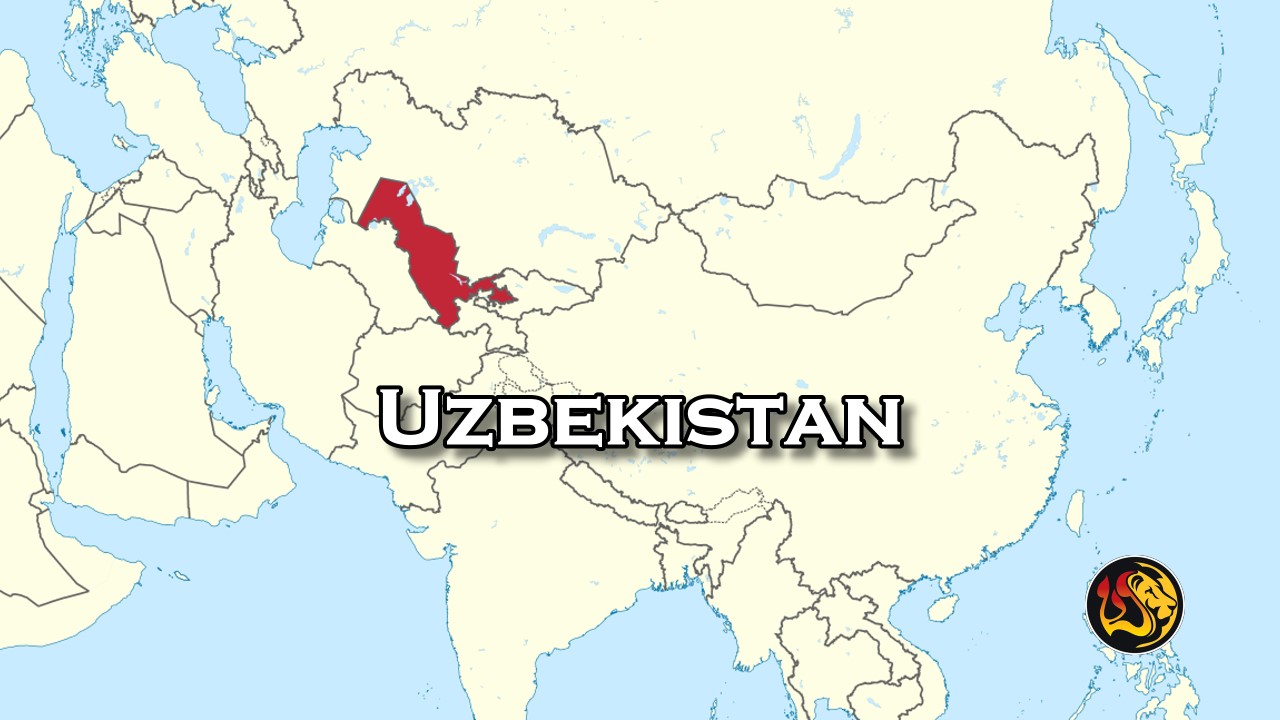By Stefan J. Bos, Chief International Correspondent Worthy News
(Worthy News) - Christian rights activists say Uzbekistan’s new Religion Law maintains restrictions despite state media claims that it extend freedoms.
The revised law was signed by President Shavkat Mirziyoyev on July 5 and came into force the next day, prompting angry reactions.
“Religious events continue to be heavily controlled with existing constraints maintained,” said Barnabas Fund, a Christian charity.
“A registered religious community must still submit the reasons for any event,” the group explained. That includes providing “the address, date and time, number of attendees, sources of finance, and copies of any literature or audio-visual material to be used at the event.”
Details of any foreign citizens attending must also be supplied, Barnabas Fund explained. Article 3 prohibits any form of “proselytism,” the word used for evangelism.
Abduvohid Yakubov, a human rights activist from the capital Tashkent, reportedly concluded that “No one can express their religious views publicly without the permission of the state.” He called the legislation a “gross violation of human rights.”
RIGHTS COUNCIL
Since October last year, Uzbekistan has been a member of the United Nations Human Rights Council, but critics expressed concerns about the former Soviet nation’s lack of democratic credentials.
And “the government has repeatedly ignored recommendations to fulfill its international human rights obligations,” added Barnabas Fund, a Christian charity.
The most recent recommendations were made by the Organisation for Security and Cooperation in Europe (OSCE), Europe’s security organization. The Council of Europe Venice Commission of legal experts also made recommendations in October 2020.
However, “The continued ban on religious teaching without state permission defies the recommendations of the Venice Commission and OSCE Office for Democratic Institutions and Human Rights (ODIHR) Joint Opinion on the draft law,” Barnabas Fund stressed.
Uzbekistan had called for the prohibition on “engaging in religious, educational activities in private” to be removed. “Any gathering for religious purposes in a home, such as a Bible study group, is thus prohibited,” Barnabas Fund stressed.
“Changes to the previous law included removal of the ban on all except registered clergy wearing religious clothes in public,” Barnabas Fund said. And with the new law now enforced, more restrictions and prosecution of Christians are expected, rights activists suggest.
CLOAKED SECRECY
The process of passing the law was cloaked in secrecy. Although the draft law entered parliament in August 2020, the text was not available to the public until the ordinance was adopted on 6 July 2021.
Uzbekistan was for many years after gaining independence in 1991 “the harshest Central Asian country regarding its treatment of Christians,” Barnabas Fund complained.
“But some of the other Central Asian republics have increased their restrictions in the last 15 years or so.”
Uzbekistan’s President Mirziyoyev, elected in December 2016, has presided over an increase in church registrations and raids on Christians’ homes.
Christians comprise at least 9 percent of Muslim-majority nations of 31-million people.

